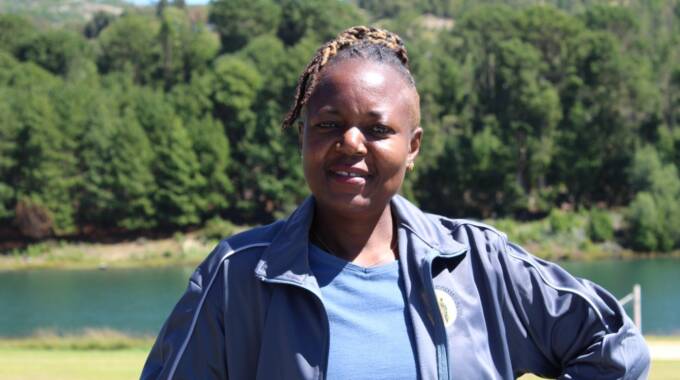
The Sunday Mail

THE British celebrity trio of Jeremy Clarkson, Richard Hammond and James May — ex-hosts of BBC’s Top Gear show — were recently in the country.
Miriam Tose Majome
After his departure, Clarkson inadvertently gave what I considered one of the most balanced reviews of the country.
He sincerely praised Zimbabwe and thanked the Government for the awesome experience the trio had.
The only blot, he said, were the awful potholes they came face-to-face with on our roads.
His statement carried lessons for the local media, especially social media aficionados.
You can praise without fawning and criticise without condemning. The Zimbabwean media is largely divided into two camps and there is hardly a middle ground to be fair, objective and balanced.
The problem is mostly the social media, which widely condemns everything Zimbabwean whilst rarely speaking good about the country.
The media plays a crucial role in shaping societal perceptions and influencing public opinion.
It also fosters a sense of national pride among the citizens. Western media companies know how to manage perceptions about their countries, such that people may not know that the United States, for example, actually has serious problems with poverty and crime.
Dominant media houses like CNN, BBC and F24 have learnt the art of telling stories about themselves that they want people to hear.
The Zimbabwean media needs to learn this art.
Some local media outlets thrive on telling worst stories about the country.
There is not just one story to tell about Zimbabwe because it has massive economic potential; spectacular natural endowments; diverse culture and history; and countless achievements the media could talk about.
This will enhance knowledge about the country and national pride. It is, therefore, vital to highlight accomplishments and challenging stereotypes, instead of always telling negative stories. Telling positive stories reshapes narratives, empowers citizens and attracts investment.
It will contribute to building a more confident nation because we suffer from collective low self-esteem and inferiority complex.
I have seen videos of even some of our neighbours from Zambia making TikTok videos mocking our so-called poverty, yet they are not much better off than us in terms of the socio-economic strata.
One of the most powerful ways through which the local media can instil national pride is by actively highlighting accomplishments across various fields.
The digital media can showcase the country’s success stories and accomplishments in disciplines like art, sport, literature, technology and science. This will inspire citizens, particularly the younger generation, to take pride in their Zimbabwean identity and work towards further success.
Those success stories will challenge prevailing narratives that portray the country through the lens of poverty and conflict.
Focusing on divergent aspects of the Zimbabwean experience gives a more balanced and nuanced understanding of the country.
The media can also actively promote and preserve the country’s rich cultural heritage by showcasing diverse cultural practices, traditions, languages and art forms.
Television programmes, documentaries, radio shows and online platforms can provide space for cultural exchange, educational content and celebration of what it means to be Zimbabwean.
The local media has an obligation to counter the negative perceptions about Zimbabwe that are now the norm on international platforms.
Unfortunately, the local social media is often at the forefront of churning out negative publicity.
By actively countering negative news and perceptions about the country, the media can contribute to positive image-building.
Journalists, filmmakers and content creators can facilitate positive news and stories.
They can highlight examples of innovation, hard work, peace, community development, and social and material progress. Responsible and balanced journalism will reshape perceptions.
The local media also has a duty to tell the African story and promote unity among African nations. It is senseless that African countries rely on the Western media for news about other African countries. The result is that we know only what Western media houses want us to know about Africa. By highlighting shared histories, struggles and aspirations, the media can foster a sense of solidarity and belonging among Africans.
Television stations, radio stations and online platforms can dedicate initiatives to promote cross cultural exchanges, regional collaborations and success stories that promote growth.
Miriam Tose Majome is a commissioner with the Zimbabwe Media Commission.



